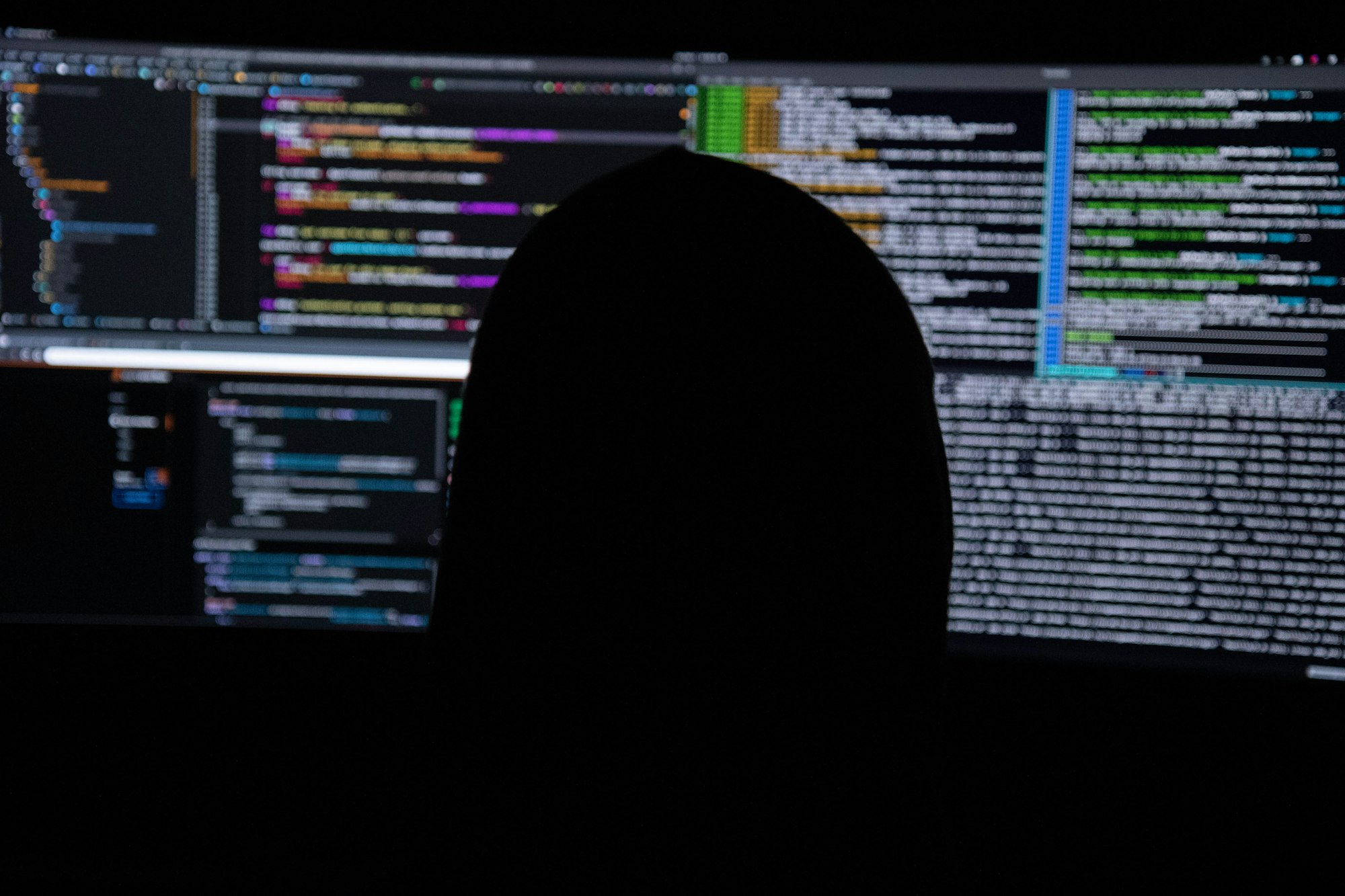Linux Adventures
In January I decided to upgrade. The specs on a new Mac Mini were underwhelming and getting up to even moderate specs was expensive. For roughly the same cost I could get an extremely powerful, upgradable, and handcrafted Thelio from System76.


No, it's not for everyone but Adam Elkus takes a look at Linux, why we love it, and why you might too:
It can show you what you can learn, how you can go about learning it, and the tradeoffs involved in choices you make about the things you use. Your computer will become something different to you. It will no longer be just a instrumental means of checking your email, browsing the internet, or playing games. It will, for maybe the first time in your life, become an adventure that you can lose yourself in every time you boot it up or wake it up from sleep. There’s always something new to learn, a new command or option you haven’t tried yet, and a different distribution you haven’t at least previewed in a virtual machine. Sometimes you will feel like you’ve joined a cult, and you’re not wrong. But these days, even Microsoft has (somewhat) joined it too.
Wherever your adventure takes you, Linux can probably help. If you want to do more heavily technical things with computers, its very easy to find, install, and manage the programs you need with Linux. NASA and scientists with supercomputers use Linux for that sort of thing. If you want to be a hardware hacker, Linux is very big in the world of single-board computers, system-on-a-chip setups, and embedded devices. If all you want is to just understand how computers work better, Linux’s extensive customization options and relative transparency of interior workings are big benefits. If you want to gain more control over your digital life, Linux gives users the ability to infinitely change and extend it.
I've had my hands on computers since I was a kid in the late 1970s. I've touched and experimented with more operating systems than I can remember. I have fond memories of what computing was like when it was a lot more experimental and presented the user with vastly more control than Microsoft or Apple offer their users now.
Linux was an interesting but not very general computing friendly OS for a long time. I started with SUSE (as far as I can remember) in the late 90s. Hardware compatibility was a nightmare for all distributions in the early days. I didn't switch from Windows right away but I did keep a spare PC handy for experimenting with various distros. Things slowly got slowly better over the next decade but the landscape changed dramatically with the emergence of the Ubuntu project. That's when I made the switch to using Linux as my primary OS and it remained that (with a shift to Linux Mint along the way) until I started podcasting.
Macs excel at multimedia production and it made sense to move in that direction while that was my focus. I loved the two generations of Mac Minis that I owned (at least at the start) but Apple made them increasingly expensive, increasingly difficult (if not impossible) to upgrade, and performance seemed to degrade way too quickly for the amount of money I was spending.
In January I decided to upgrade. The specs on a new Mac Mini were underwhelming and boosting those specs into the almost usable range was expensive. For roughly the same price I could get an extremely powerful, upgradable, and handcrafted Thelio from System76. Not only was the hardware vastly more attractive but System76 also offers their own Linux distribution, Pop!_OS, which is tuned for their hardware. The decision was easy to make. The result is a beautiful, powerful, and annoyance free Linux experience. I still spend a fair amount of time on a Mac Pro and MacBook Pro but I enjoy the System76 hardware and Linux a lot more.
With over 20 years of tinkering and a decade or so of intensive use I still don't consider myself a Linux expert. I can install it, configure it, customize it, and recover it but there's always something new to learn. At the end of the day I'm more comfortable using it because I have total control over the user experience and how my individual desktop works down to the smallest detail. It gets out of my way. That control also extends to my information and services that may call home, and send my data, to their creator. If those things are important to you, odds are that you have already discovered Linux. If not, modern distros like Pop!_OS, Linux Mint, and Elementary (all free) and companies like System76 keep making the switch attainable, even pleasant, for many.
